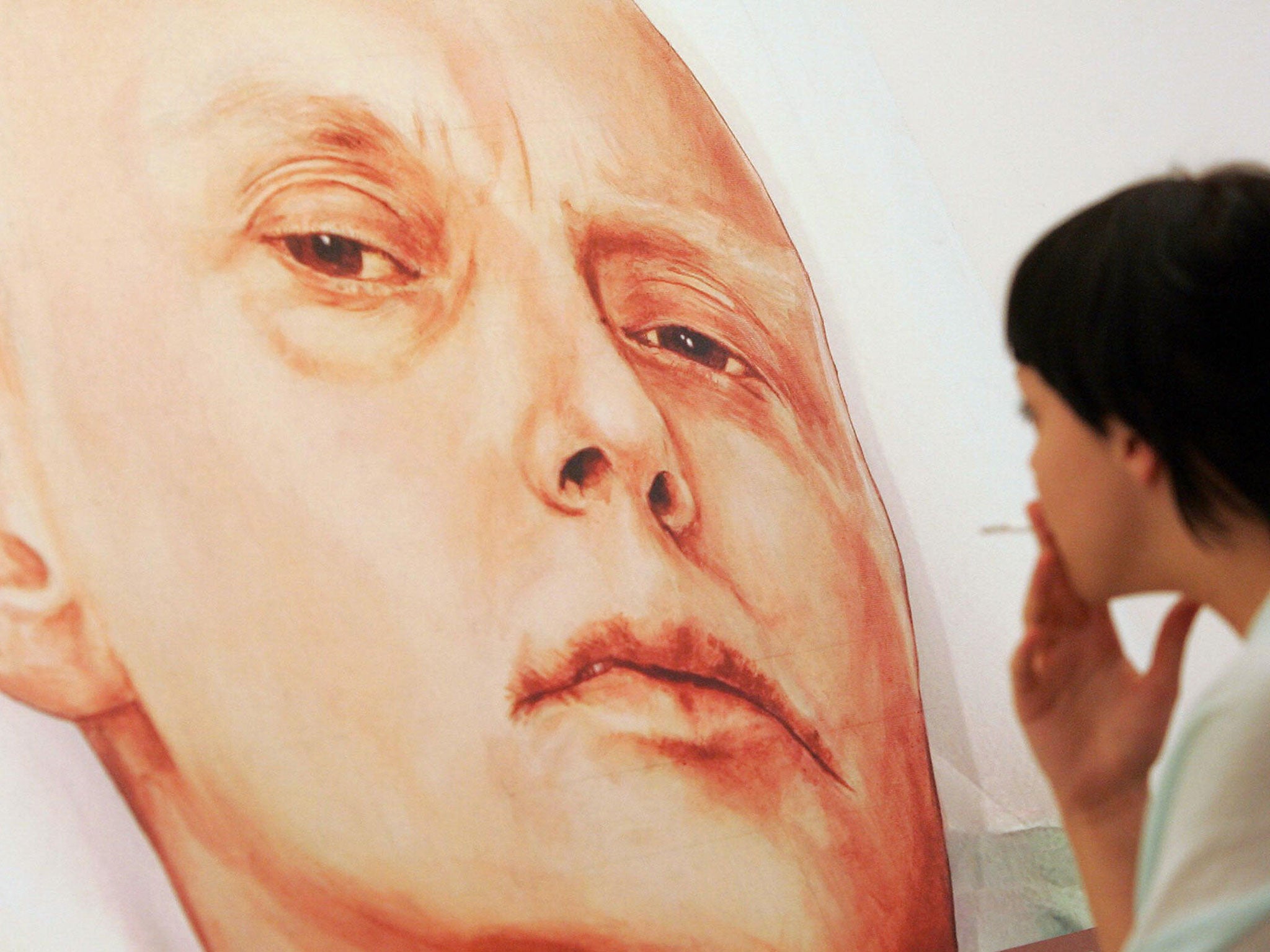The inquest into the death of Alexander Litvinenko has turned farcical - but who is hiding what?
Sir Robert Own has granted most of the foreign secretary’s request to keep whole aspects not only out of the public domain, but out of the proceedings altogether


In the shocked aftermath of Alexander Litvinenko’s death in a London hospital it would have been impossible for any but the most hard-bitten sceptic to believe that six and half years later the British public would be no closer to discovering what really happened. Much derided at the time, and since, I count myself one of those sceptics.
The latest statements from the inquest judge, Sir Robert Owen – released at the media-avoiders’ favourite time, late on Friday afternoon – only reinforce that scepticism. In essence, Sir Robert has granted most of the foreign secretary’s request to keep whole aspects not only out of the public domain, but out of the proceedings altogether. And the reason? As with inquiries into the “rendition” of terrorist suspects to third countries, as with efforts to keep certain evidence out of the inquiry into the 7/7 London bombings, there are objections from the security services. Our security services, by the way, not Russia’s.
Sir Robert admits it will now be hard for him to honour his initial promise to “undertake a full, fair and fearless inquiry”. He expatiates at length on the desirability of openness, even suggesting a public inquiry might be a preferable format, as evidence could then be heard in camera. But what is the gain, if crucial testimony remains under wraps?
Contrast the past six years of secrecy with the initial government reaction. For weeks after the exiled Russian intelligence officer succumbed to radiation poisoning, officials and MPs waxed eloquent in their horror that a British citizen could be killed at all, but especially in this obscure and excruciating way. An impression was created of Kremlin-sponsored assassins stalking London’s streets with impunity and the population at mortal risk from escaped lethal substances. Five months later, a new foreign secretary (David Miliband) expelled four Russian diplomats in connection with the affair and the refusal of the Russian government to extradite the chief suspect, Andrei Lugovoi. There was a minor tit-for-tat in the Cold War manner; British-Russia relations sank to yet another low, and UK and Russian detectives went hither and thither to strikingly little effect. Since then, only delay.
The same Litvinenko associates who presented his death as a Kremlin plot now see the closing up of British justice as proof that “the Kremlin did it”; they maintain that the UK and Russian security services have done a deal, and that David Cameron wants nothing to prevent a rapprochement with Vladimir Putin. A simpler reading would be that it is not Russia’s alleged role that is the stumbling block to a genuinely truth-seeking inquest, but Britain’s. Litvinenko was in the pay of British intelligence, but for what exactly was he paid ? And did that have something to do with how he died? Unless these questions are answered, our system will be as compromised as Russia’s.

Join our commenting forum
Join thought-provoking conversations, follow other Independent readers and see their replies